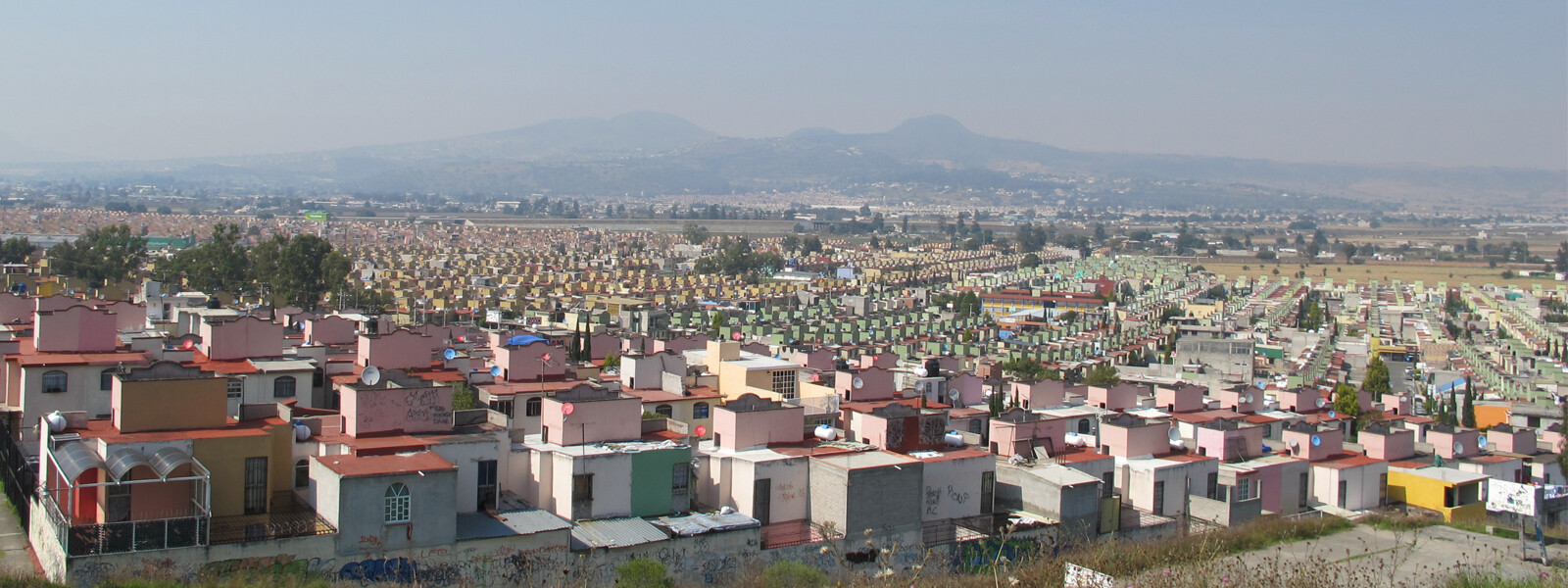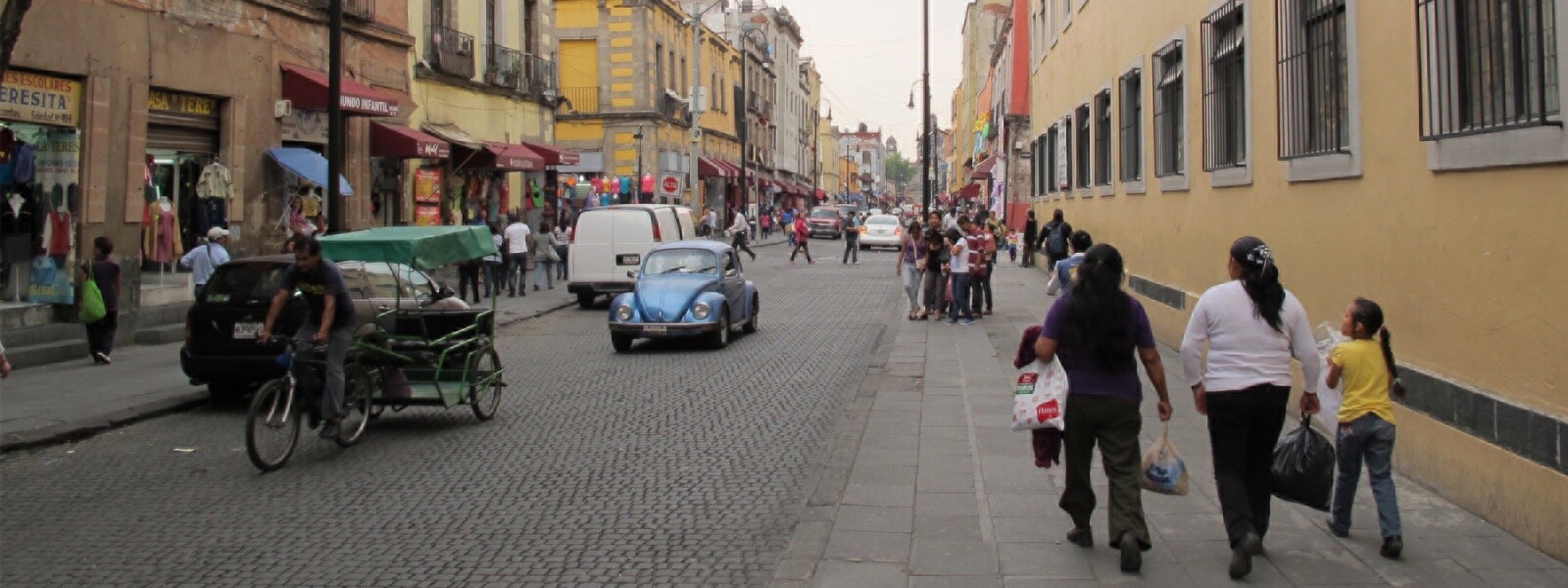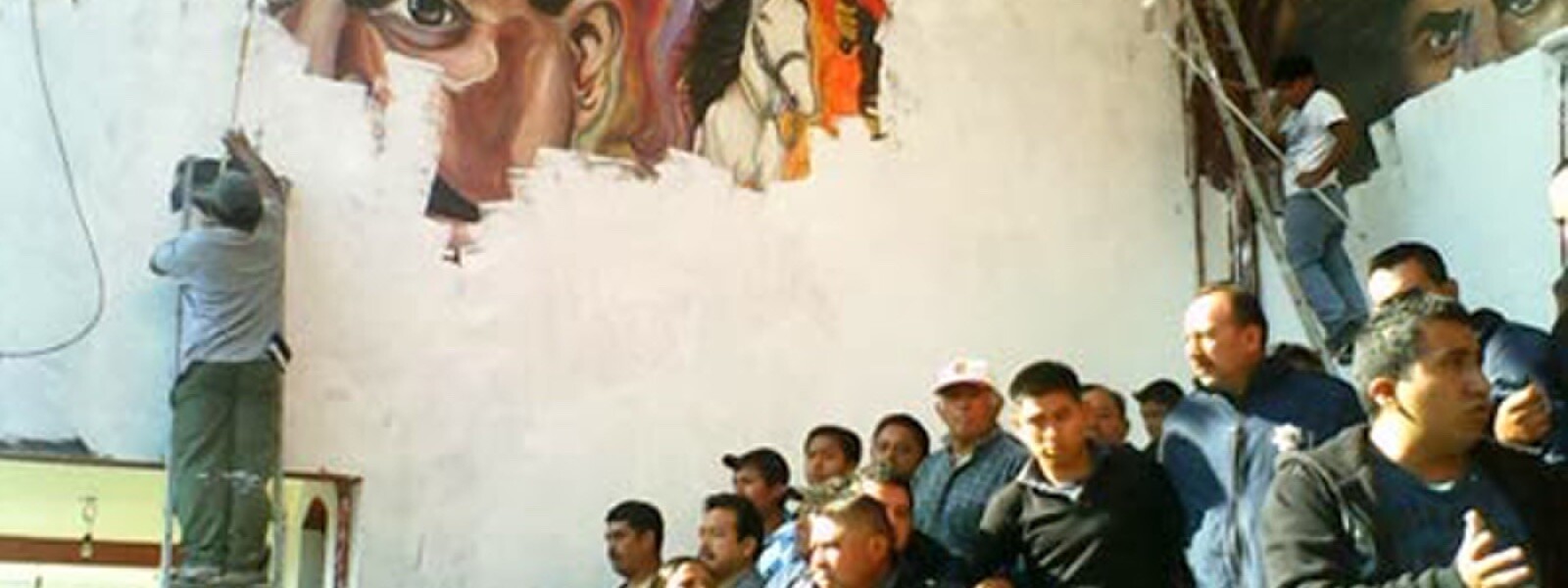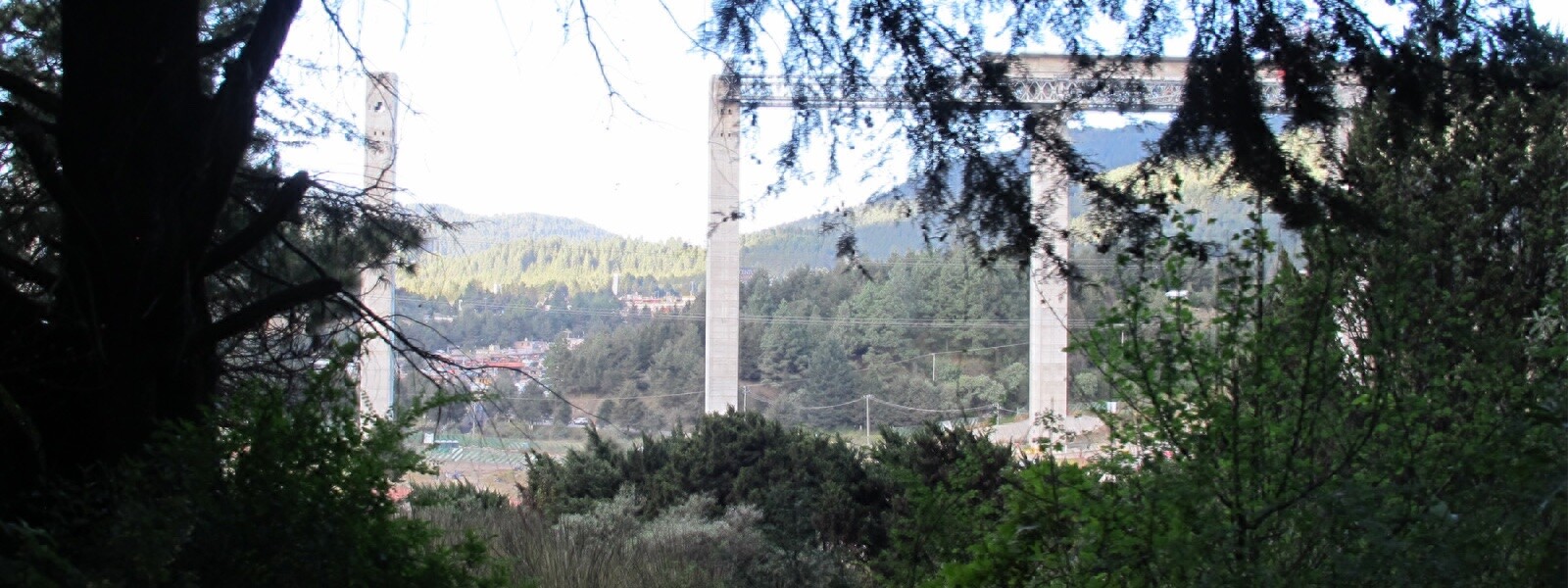This article compares how state-initiated mass housing urbanization has contributed to processes of peripheralization in three very different historical and geopolitical settings: in Paris from the 1950s to the 1990s in Hong Kong from the 1950s to 2010s and in Mexico City from the 1990s to the 2010s. We understand mass housing urbanization as large-scale industrial housing production based on the intervention of state actors into the urbanization process which leads to the strategic re-organization of urban territories. In this comparison across space and time we focus particularly on how, when and to what degree this urbanization process leads to the peripheralization of settlements and entire neighbourhoods over the course of several decades. This long-term perspective allows us to evaluate not only the decisive turns and ruptures within governmental rationales but also the continuities and contradictions of their territorial effects. Finally, we develop a taxonomy of different modalities of peripheralization that might serve as a conceptual tool for further urban research.
Kockelkorn, Anne, Schmid, Christian, Streule, Monika, Wong, Kit Ping (2023) Peripheralization through mass housing urbanization in Hong Kong, Mexico City, and Paris, Planning Perspectives 38.3, 603–641. DOI: 10.1080/02665433.2022.2126997



